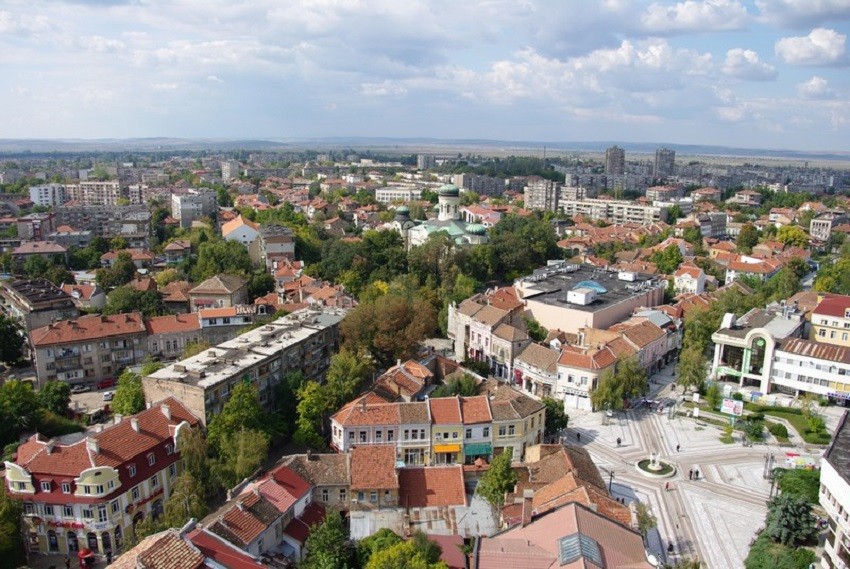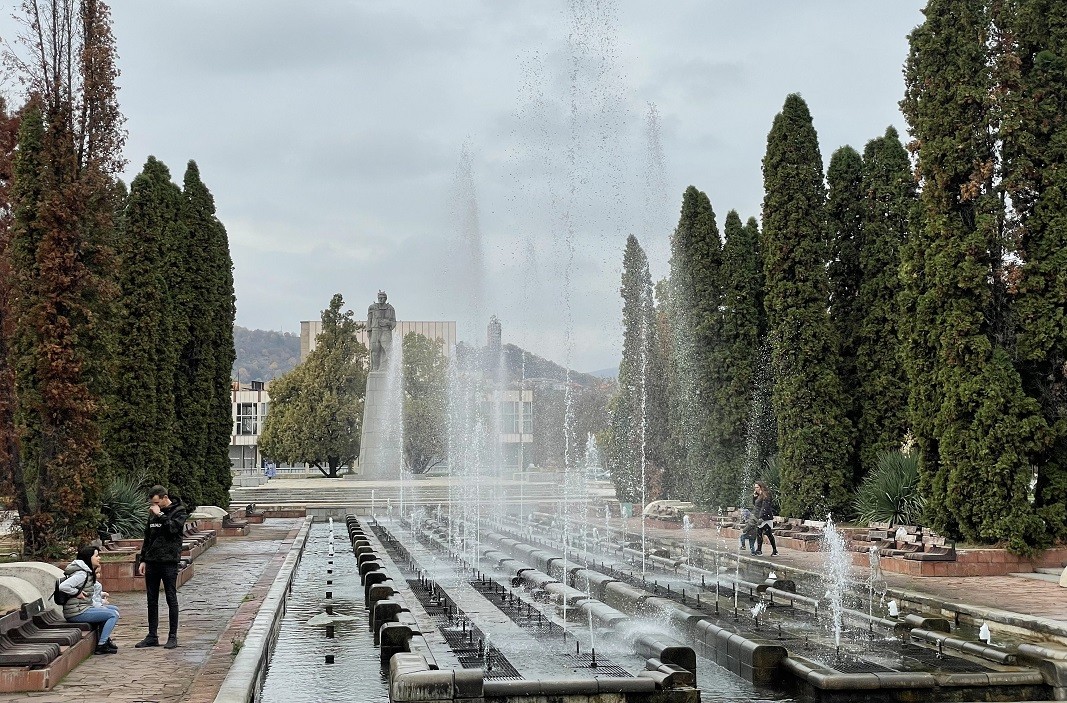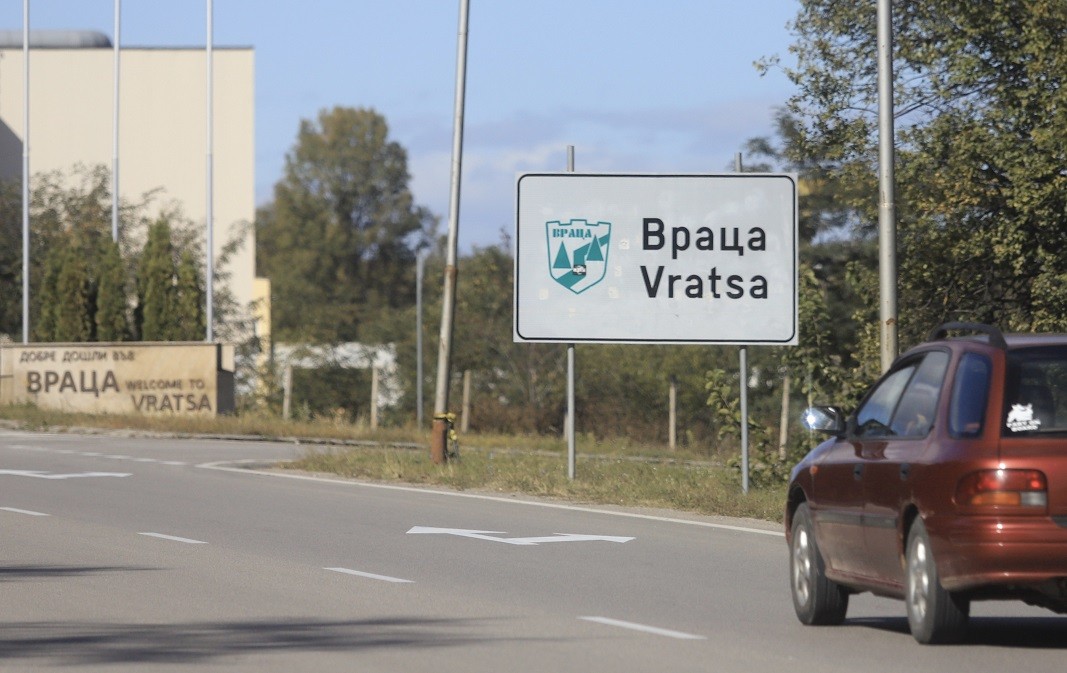The Covid crisis has deepened the economic chasm between the capital city and the other regions of the country. This is the conclusion drawn by the Institute for Market Economics in its annual analysis "Regional Profiles: Indicators of Development", which looks at the economic, social and demographic development of the regions. As it turns out one of the regions hit hardest is the Northwestern region which is also among the poorest in Europe.
Vidin on the Danube River, is the worst performing town in terms of incomes and living standards, the report shows.
“There are two reasons for this,” a Radio Vidin listener says. “The state is not investing enough in the region, and the local authorities are not developing enough projects in infrastructure, or for the overall development of the city.”

The poor economic performance entails numerous problems, including demographic issues. Because of the high mortality rate and the large number of people who choose to move away from the town, Vidin has continued to shrink. In the space of just 10 years its population has dropped by 18%, and that means that one-fifth of its residents are no longer there.
“Vidin is one of the regions whose population has been hit hardest by the crisis,” economist Zornitsa Slavova says. “The healthcare system is under fire, and the reason is the overwhelmingly elderly population among whom the number of Covid-related deaths is highest. Overall, at the end of 2020 Bulgarians had lost an average of 3 months of their life expectancy, mostly due to the coronavirus, but people in Vidin have lost one year and two months! The results in education are no better – after a long spell of distance learning the marks from the external assessment and the matriculation exams in mathematics and the Bulgarian language have gone down.”

The other two regional towns in the northwest – Montana and Vratsa –also remain among the poorest regions but they each have their own specifics. In Montana economic activity has increased at the highest rate nationally, and this is accompanied by a significant rise in employment and drop in unemployment. As to Vratsa – the per capita GDP shrank in 2019, yet incomes have continued to rise at a steeper rate than the average for the country.
MEP Radan Kanev says that neglect of Northwestern Bulgaria’s problems has made the region impossible to invest in.
“The point of European financing is to even the odds for the different regions in terms of standard of living and the chances young people have,” Radan Kanev says. “What we are seeing in Bulgaria is just the opposite – the poorest and lagging regions receive the smallest amounts of funding, and the gap has constantly been widening, to reach the current critical situation in which the educational prospects, the demographic picture, access to medical care have made the entire Northwest very difficult to invest in. It is easy to say – we shall attract investments, but the region is running out of human capacity.”
Radan Kanev describes as “outrageous” the fact that neither the Recovery and Resilience Plan, nor the national budget make any mention of the construction of a high-quality rail connection Sofia-Vratsa-Montana-Vidin. But, it is more important, he says, to make long-term investments in education if we want results.

Until there is decentralization to channel more resources at a local level, municipalities will be powerless, says Kamelia Lozanova, chair of the board of the Regional Development Agency with business centre Vidin.
“It is never too late to launch some kind of policy aimed at the remediation of a given region,” she adds. “Building a high-speed road segment would be a good step – I wonder why we were never deemed deserving of a motorway. A high-speed section would breathe some kind of life here, because where there are roads there are businesses, there is economy. Though a small step, it is certain to give businesses some breathing space. And if steps are taken to set up small innovative businesses that would encourage some young people to come back, and others to remain in the town.”
Interviews by Radio Vidin, BNR
Editing by Diana Tsankova
Photos: BGNES, vidin.bgThe German economy has been shrinking and the government expects a decline of 0.2% of GDP. Some of the main reasons for this include unresolved structural problems related to lack of energy security, excessive bureaucracy and shortage..
After the election for parliament on 27 October, the caretaker government has to submit a draft of a budget for 2025 to parliament by the end of the month. Some economic analysts say the budget of the country for 2024 is the worst in the past decade. Holes..
Bulgaria's economy will grow by 2.3 per cent this year. This is according to the latest World Economic Outlook prepared by the International Monetary Fund and presented today in Washington. This is down from the Fund's April estimate, which predicted that..
The Russian state oil company Lukoil has plans to sell its Bulgarian refinery Neftochim based in Burgas on the Black Sea Coast. It is the largest in the..

+359 2 9336 661
